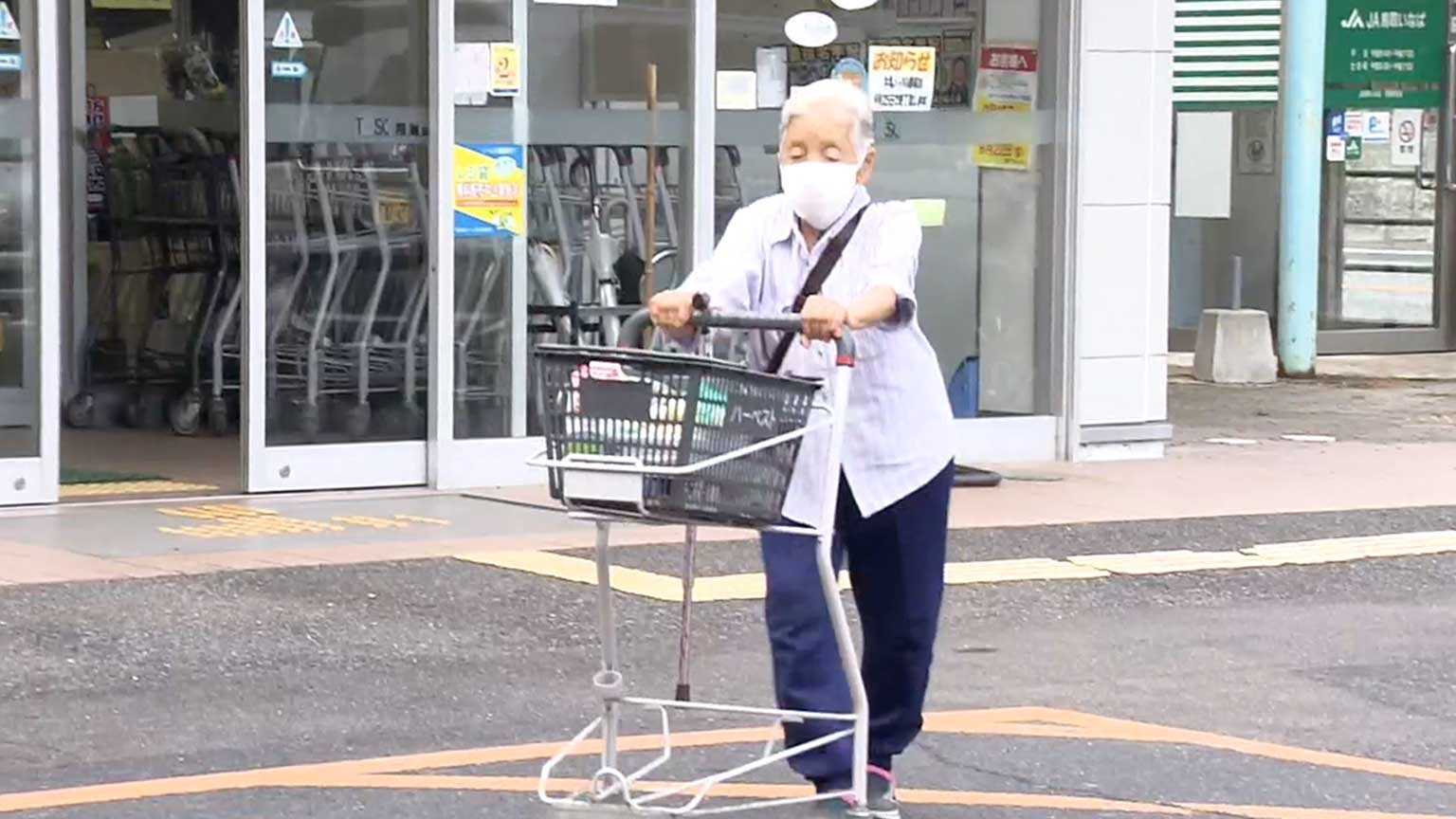Okajima Yoshiko lives in Tottori prefecture, western Japan.
The 85-year-old broke her legs a few years ago and cannot walk while carrying heavy shopping bags. A relative drives her once a week to a supermarket a few kilometers away.
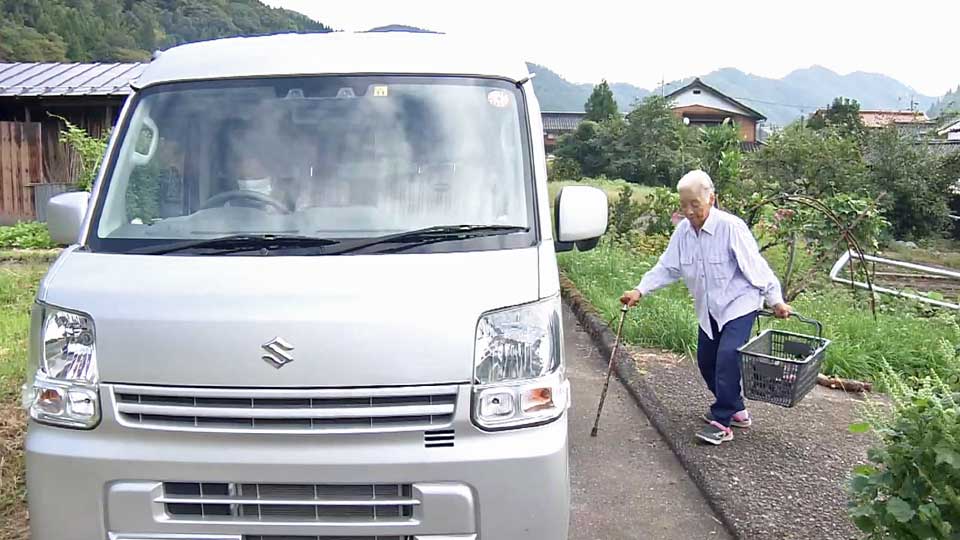
Okajima has been coming to the outlet for about 50 years. But it will close at the end of this month. Many other long-established supermarkets in the prefecture are also closing.
The operators say the number of customers has fallen due to the declining population and other factors. They also say there are no prospects of business improving. Some stores will be operated by other companies, but others have no one to take over the business.
To buy groceries, Okajima will now have to go to a store 16 kilometers away. She is worried the longer drive will place a greater burden on relatives.
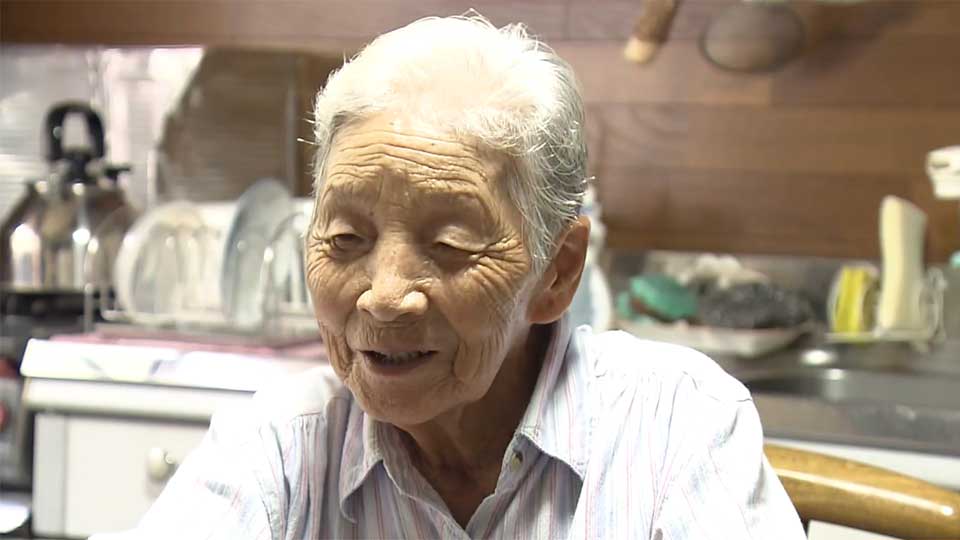
She says if she didn't have trouble with her legs, she could take the bus, but she is unable to carry heavy loads.
She adds she enjoys shopping at the supermarket because it gives her the opportunity to see neighbors and know they're doing well, but she frets she won't be able to do so as often as before.
A study from Ministry of Agriculture, Forestry and Fishery's Policy Research Institute says more than 8.2 million elderly people in Japan have difficulty accessing shopping facilities. That's about a quarter of the age group of 65 or older.
Efforts to help the elderly access shops
Amid such developments, municipalities in Tottori prefecture are taking action. They have asked retailers to operate mobile grocery trucks. Some local governments are running bus service to distant supermarkets.
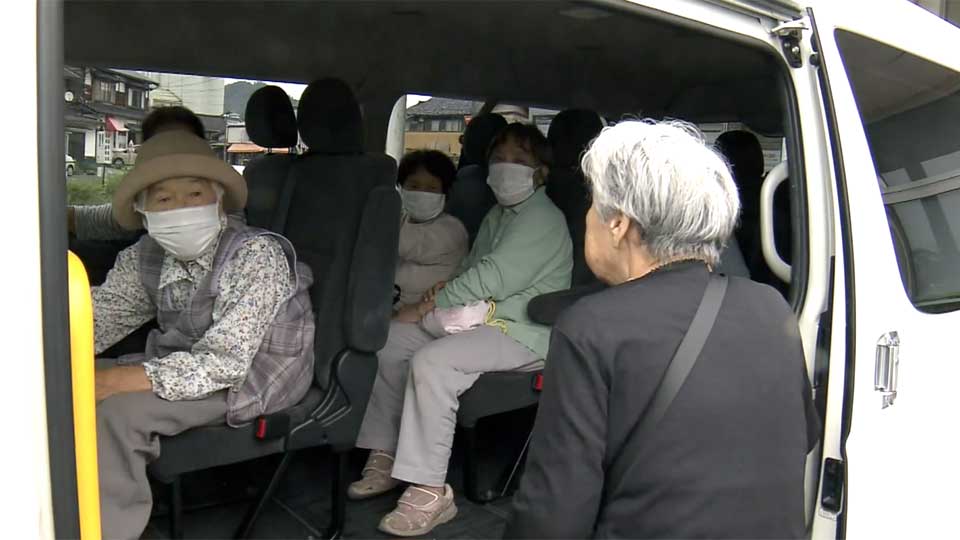
But it's uncertain if the public sector can sustain the support in the long term.
Residents operate a store
In other areas, residents are working together to overcome the crisis. In Takayama City, Gifu Prefecture in central Japan, they have started operating a supermarket.
Nakamura Naoto is the manager. He used to be a city office employee and has never been a salesperson at a supermarket before.
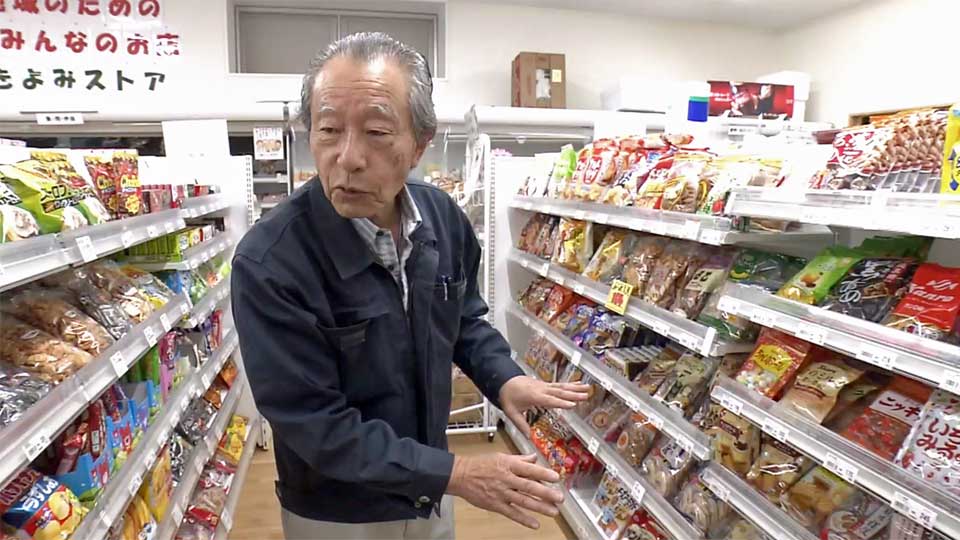
The shop was the only supermarket in the community that sold fresh produce. It struggled to stay afloat as the population declined, and closed in March.
Nakamura and his group mulled inviting another supermarket to open in their community. But in the end, they collected 6 million yen, or about 40,000 dollars, and set up a corporation themselves.
Customers say they are grateful for the supermarket as they don't own cars.
But the company has posted deficits almost every month for the past 6 months.
Nakamura and his colleagues want to stay open, and will start delivery services in the hope of turning a profit.
He says although they have major concerns, the supermarket livens up the community and attracts people. He says the business is a challenge, but they are determined to hang on.
Expert: More store closures inevitable
Orikasa Shunsuke of the Distribution Economics Institute of Japan is an expert on measures to support shoppers. He says it's inevitable that supermarket closures will increase at an accelerating pace, especially in regional communities with declining and aging populations.

He says the best measures to address the problem will depend on the characteristics of a community and how it's aging.
He says, "For example, areas with many people who are housebound could consider improving their delivery system. Other areas where elderly people are healthy and walking around in a supportive community, they could opt to provide a traveling supermarket where people can get together to shop."
Orikasa says the point is for people to regard the issue as their own and to work together to find a solution.
